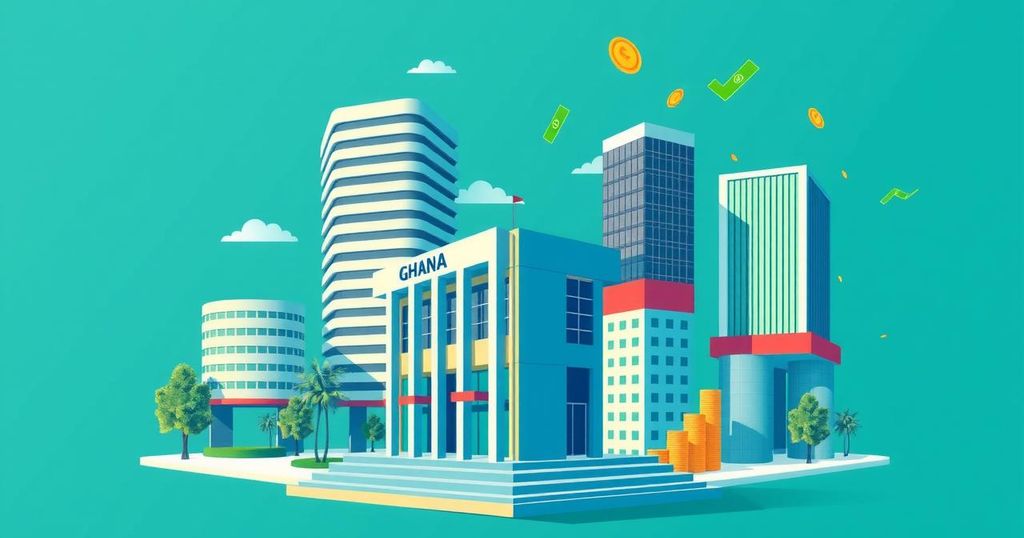Ghana’s mining industry is critical for its economic growth, with a projected GDP increase of 1.5% by 2025. The country boasts significant gold production and potential in other minerals, supported by a stable political environment and investor-friendly regulations. Infrastructure advancements and a skilled workforce further enhance its appeal for international investment, set to be highlighted at the upcoming Mining in Motion Summit.
Ghana’s mining sector is a pivotal element of the nation’s economic development, with GDP growth projected to reach 1.5% by 2025, driven by numerous opportunities in this field. The political and business environments in Ghana demonstrate stability, further complemented by the discovery of new mineral reserves. The upcoming Mining in Motion Summit in Accra from June 2-4 is set to showcase investment prospects and foster partnerships between local and international stakeholders.
Ghana is the leading gold producer in Africa and ranks sixth globally. In 2024, artisanal miners are expected to generate over $5 billion in foreign exchange, highlighting the vast potential of the gold sector. Current industrial projects, such as Goldstone’s Homase Mine Expansion and Newmont’s Ahafo North Project, continue to create investment opportunities. Furthermore, Ghana is the fourth-largest manganese producer and possesses substantial untapped reserves of lithium, iron ore, and bauxite, facilitating growth in line with global mineral demand.
To attract substantial foreign investment, Ghana has implemented an investor-friendly regulatory framework, offering tax incentives and customs exemptions. For instance, Atlantic Lithium raised $6.7 million for the Ewoyaa Lithium Project, while Asante Gold has committed $525 million to develop its Bibiani and Chirano Mines. Policies such as the Green Minerals Policy (2023) and Equipment Tracking Regulations (2020) aid in simplifying entry and operations for investors in critical minerals.
A robust and skilled workforce in Ghana simplifies the recruitment process for international investors. The nation’s mining history has cultivated expertise, and partnerships with global entities like the World Bank have led to initiatives that promote modern practices. Programs focusing on apprenticeship and capacity-building are enhancing local workforce skills, exemplified by AngloGold Ashanti’s graduation of 1,010 apprentices and subsequent additional training initiatives.
Ghana’s infrastructure is well-developed to support mining operations, further enhancing its investment potential. Notable advancements include the Royal Ghana Gold Refinery, inaugurated in August 2024, facilitating local gold processing and increasing export revenues. A new testing laboratory in Tarkwa, launched in collaboration with Intertek, offers expedited mineral sample analysis, thereby supporting over 500 exploration projects and continuous improvements in port infrastructure enhance logistics for mineral exports.
In conclusion, Ghana’s mining industry represents a significant opportunity for investors, underscored by its rich mineral resources, stable regulatory framework, skilled workforce, and well-established infrastructure. The Mining in Motion Summit will serve as an essential platform for fostering partnerships and promoting investment in this flourishing sector. As global demand for minerals increases, Ghana’s strategic advantages position it favorably within the mining landscape.
Original Source: dmarketforces.com




